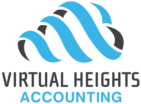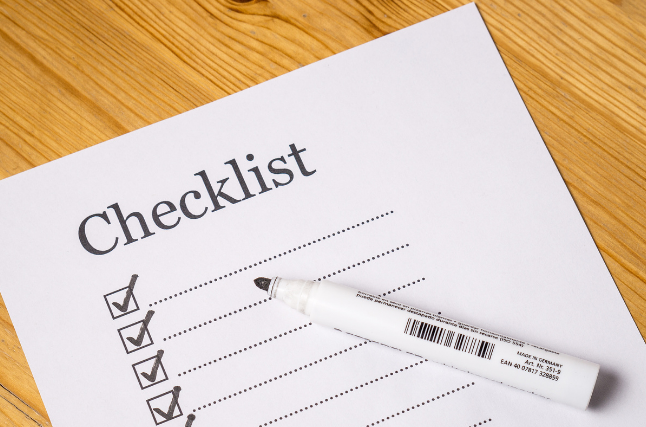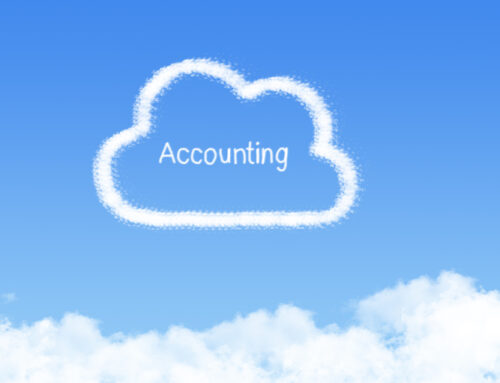As an entrepreneur with an incorporated business, you likely know you get to choose your year end date. This year end business checklist information is useful at any time of year, not just the end of a calendar year. It’s intended to help you organize your books and records to make sure your year end financial statement and corporate tax return preparation goes smoothly.
First of all, let’s back up a bit and discuss your year end date, in case you’re a new entrepreneur and haven’t gotten that far yet.
What Date Should You Choose for a Year End?
Not December. Unless you have a very good reason. There are many things to consider when it comes to a year end date. Some of these questions include:
When is your busy time of year?
You may find yourself answering lots of questions or gathering additional information for your accountant while they are working on your year end. It would be best to choose a date that will allow you time to do this.
The more organized you are, the less time you will likely need to spend with your accountant during year end preparation, so keep this in mind as well.
When is your cash flow the best?
If you’re the kind of person who likes to pay your bills right away, choosing a year end date when your cash flow is at its peak will allow you to pay your taxes (and your accounting bill) as soon as your tax return is filed by your accountant.
What date will give you the most tax advantages?
Paying management bonuses to shareholders of a company can have tax advantages, especially if the year end isn’t December. Because T4s are filed based on a calendar year, if your fiscal year ends anywhere from July to November, you have the ability to split bonuses to shareholders between calendar years. Depending on your personal income from year to year, this could offer you substantial tax savings.
When is your accountant available?
This is another good reason not to choose a December year end. Accountants are already swamped from January to June, which is the time during which a December year end would be prepared. Check with your accountant regarding date recommendations. They may recommend a date based on accounting considerations, such as accruals, that you hadn’t thought of.
The Year End Business Checklist
Have you updated your records?
Updating your records isn’t a matter of simply updating your bookkeeping. Keeping your bookkeeping up to date and reconciling bank and credit card accounts is the first step, but you’ll also want to take a look at your accounts receivable and accounts payable lists and make sure these are accurate. You should be doing this monthly anyway.
Have you provided copies of important receipts to your accountant?
If you made any major purchases (especially for capital assets) during the year, your accountant will want to see the documents supporting those purchases. This includes the receipt describing the purchase, as well as any associated loan paperwork if the purchase was financed.
Is there a checklist your accountant uses?
If you already have an accountant, check and see if they have a year end checklist. Some accountants have checklists they provide to their clients. This can save you a lot of guessing and wasted time gathering the wrong information.
Business Year End Checklist Summarized
Here’s a quick summary to consider before telling your accountant, “I’ve got everything ready for my year end.”
- Bookkeeping is up to date,
- Bank and credit card accounts are reconciled,
- Accounts receivable and accounts payable are current with doubtful receivables identified,
- Copies of any capital asset purchases, loan and bank statements have been provided up to your year end date.
If you’re not sure if you’ve got everything organized for your year end or you need an accountant to prepare your financial statements and corporate tax return, contact us for more information.





